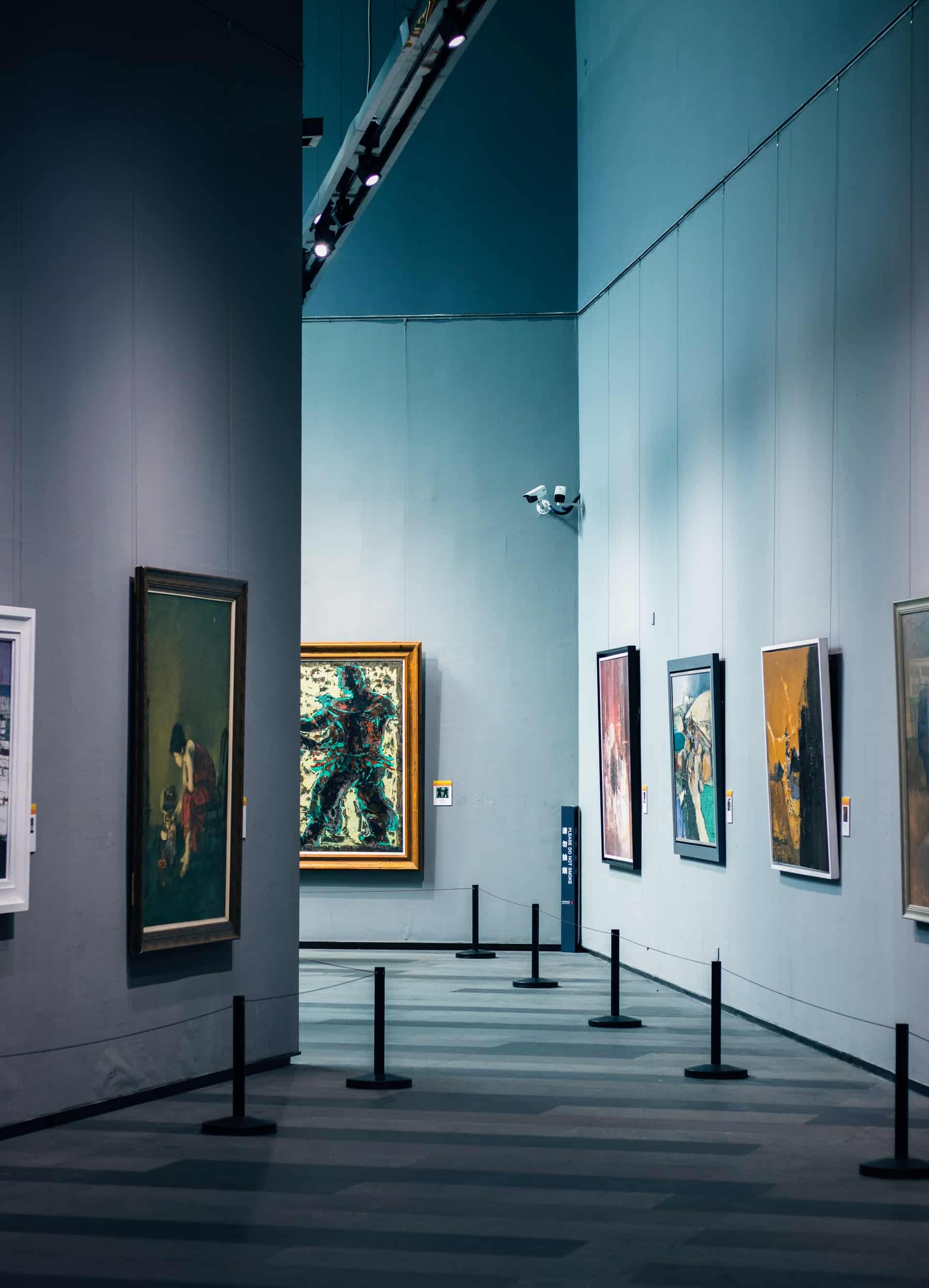You shouldn’t be squeamish about diversifying your investment portfolio. In fact, it’s very beneficial for you to do so, especially if you’re interested in long-term revenue production. And while you have many options from which to choose, more and more people are turning to art collection to make the most of their investment portfolio. Here’s what you need to know about art collection as an investment against inflation.
IMAGE: UNSPLASH
How Popular Is Art Collecting?
For one thing, it’s nearly outstripping bonds in terms of long-term returns, according to Forbes. Art dealership is huge globally, and the people doing the investing transcend all demographics. Plus, art has historically, and easily, exceeded inflation.
And there are various aspects of investing beyond buying. There’s authenticating and researching pieces, for example. So, those are some areas to explore as well.
Does Buying For Pleasure Preclude Investing?
For some, there’s either buying for investment or buying for pleasure, and ne’er the twain shall meet. That’s an outmoded concept. You can combine the two, as there’s nothing wrong with both enjoying art and investing in it.
The following are some things to consider when mulling art collection as an investment:
You Really Should Diversify Your Collection
Just as your overall investment portfolio should be diversified – think the stock market — so should your art collection if you’re going to go that route. That’s just smart investing.
Of course, you must consider your lifestyle, investment objectives, and the kind of art that moves you. The latter could include non-fungible token art, sculptures, or paintings, for example. Note that photographs or drawings are usually less pricey than sculptures or paintings, however. And remember, the Internet has made art from all over the world accessible, giving you the opportunity to investigate artists from other regions who are foreign to you.
Art Is A Universal Commodity
Because art is enduringly ubiquitous, its tangibility is evident. As a commodity, people “get” art. You also needn’t be wealthy to buy some, and when you do invest in art – and this is worth reiterating – you’re basically protected from inflation. That’s a huge advantage, especially during a time of volatile markets. It’s good to have at least one investment that you don’t have to worry about when goods and services prices progressively increase.
You Can Lend Your Art To Create Passive Income Streams
Perhaps it’s never occurred to you, but you can lend your artwork to auction houses, galleries, or museums and make a pretty penny. While doing so, you’ll have the added benefit of heightening awareness of your collection and increasing its value. You’ll also get to know more people in the industry, and you may even be eligible for tax breaks.
The Art Collection Market Is Evolving
Over the last 20 or 30 years or so, art dealership has come to the fore as a viable way to generate revenue, particularly when you consider how such investments protect against inflation and can bring in real dividends. What has helped, within the past decade, is the proliferation and success of auction sales.
While some industries haven’t necessarily benefited from technology, the world of art dealership has. And that only complements the industry’s real-time growth. It’s all come together to make art collection a solid strategy for diversifying your portfolio.
The emergence of art collection as an investment against inflation offers you a sound way to not only diversify your portfolio but to protect your assets. The alternative platform Yieldstreet, which focuses on generating passive income streams for investors, can help you get going.
IMAGE: UNSPLASH
If you are interested in even more business-related articles and information from us here at Bit Rebels, then we have a lot to choose from.


COMMENTS